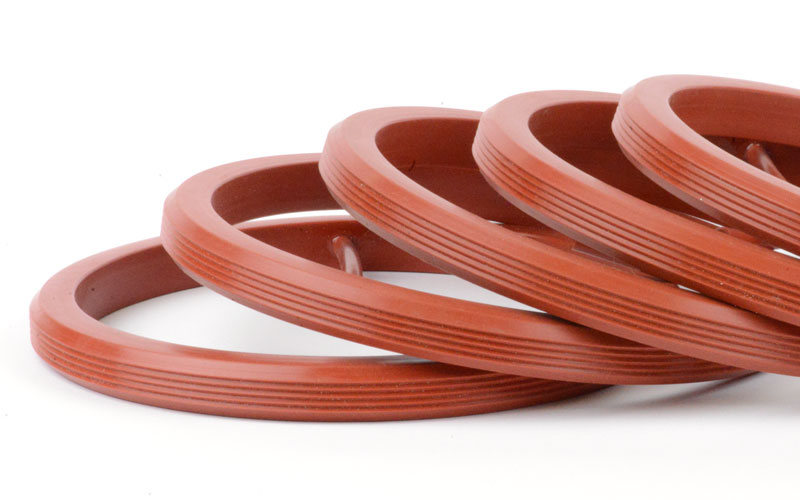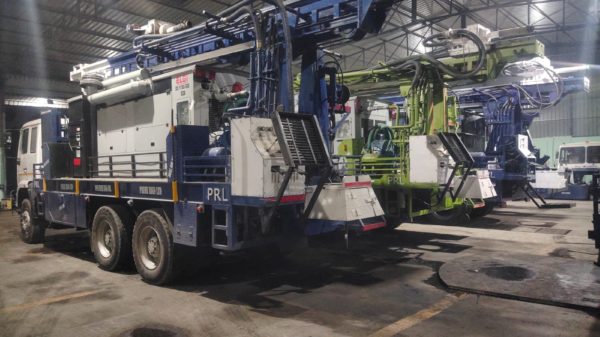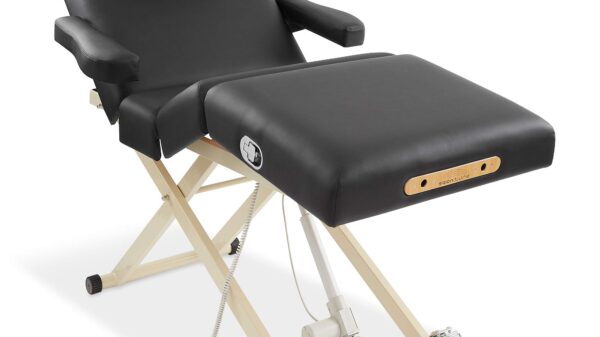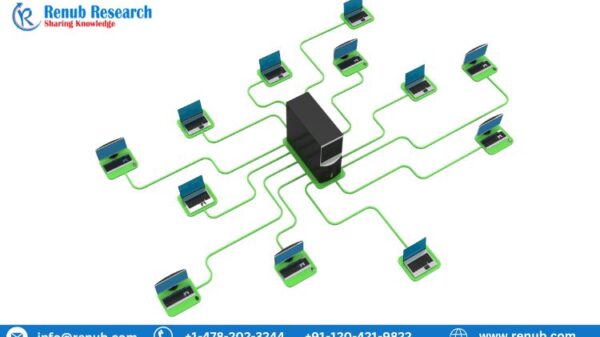Inflatable seals are airtight seals that expand when filled with air or other gases. They provide tight, reliable seals on any equipment to enhance efficiency and performance. Moreover, Inflatable seal finds their application where conventional seals do not offer the required pressure or flexibility. They can, through inflation, conform to irregular shapes and remain sealed under harsh conditions.
This is a critical technology for industries as varied as manufacturing, food processing, and medical equipment. A controlled environment is required to ensure operational efficiency and the quality of the finished product. When used in equipment, inflatable seals can enhance productivity by providing a perfect, adaptable seal for various applications.
Understanding how inflatable seals work?
An inflatable seal is a flexible tube of rubber or silicone inflated to form a tight barrier. It becomes soft when it deflates, offering no resistance. A small amount of air or gas inflates them through a valve that expands and presses against the complementary surface of doors or hatches, creating a seal that prevents leakage or controls the flow under said closure. When the air is released, they deflate and return to their original shape, ready to be used again. Rubber diaphragms, an inflatable seal, enhance equipment efficiency by forming a flexible barrier that adapts to irregular surfaces, ensuring precise sealing and minimising energy loss.
The top benefits of inflatable seals for equipment efficiency
Inflatable seals provide an effective, variable sealing process to avoid leakage and allow the best performance from any equipment. This flexibility and accuracy in making air-tight sealing minimises the maintenance cost, enhances safety, and increases overall production efficiency in industries. Detailed below are its advantages:
High sealing ability
Inflatable seals provide an exceptionally tighter seal than traditional methods. It is essential to avoid the loss of systems that carry gases and liquids, among other materials. The inflatable seals provide finer sealing and thus prevent risks of contamination and loss of materials. This has become quite important in industries like pharmaceuticals and chemical manufacturing, where a clean environment is called for. Inflatable seals help develop this by preventing the unwanted ingress or egress of substances from the equipment.
Increased strength and durability
The materials resist highly aggressive chemicals, extreme temperatures, and mechanical wear. Due to this fact, inflatable seals have a long service life compared with other conventional seal types. Therefore, the need for replacement is less, and the durability immediately reflects cost savings and lesser downtime needed for maintenance. Moreover, this eliminates the need to replace seals, improving overall efficiency. Thus, this becomes critical in industries where uptimes are related to production and profitability.
Easy installation and replacement
Inflatable seals are relatively easy to install and do not require any special tools or lengthy training. The seals need to be located in their slits, and their inflation will show the ideal fit of the seal. Easy installation provides a variety of advantages related to quicker setup times and faster maintenance procedures. One of the most essential benefits is the ease of replacement. When this seal eventually wears out, it can easily be deflated, removed, and replaced with a new one without disassembling the entire system.
Enhanced safety and reliability
Inflatable seals enhance equipment safety and reliability by providing consistent and reliable sealing performance. A perfect seal created under different pressures and temperatures implies that hazardous materials are contained, and thus, they reduce possible leaks and spills. The reliability in sealing also means that equipment can work at its optimal levels without unexpected failures. Moreover, this predictability is important in critical industries such as aerospace, automotive, and medical device manufacturing.
Versatility and customization
Inflatable seals can be designed to accommodate nearly every application and equipment type. This makes them relevant for use in diverse industries ranging from food handling to nuclear power. Customisation ensures that each seal matches the exact needs of the intended equipment. This makes sealing more efficient since the seals are precisely engineered to hold the pressures, temperatures, and chemical exposure they will face. Flexibility is a critical component of inflatable seals in many extreme performance applications.
Enhanced environmental control
Inflatable seals are critical in ensuring proper environmental control of numerous diverse systems. They prevent outside contaminants such as dust, moisture, and other impurities from getting inside the system and stop inside materials from spilling into the external environment. This control is crucial in various industries where contamination may impact product quality and safety. For example, while producing sensitive electronic components, a dust-free and contaminant-free production environment is essential to prevent defects.
Improved operational flexibility
Fast inflation and deflation of the seals ensure the highest operational flexibility. This feature means that equipment can be easily changed and reconfigured, which is advantageous in processes where changes or adaptations are frequently required. Operational flexibility within today’s fast-moving industrial environments is essential, particularly in industries where agility and response to changing demands are integral. Inflatable seals support this need by making it possible to reconfigure equipment and enhance general operational efficiency quickly.
Noise reduction
Inflatable seals provide a very tight seal, and the tightly closed condition will dampen or reduce sound transmission from one equipment or facility area to another. Reduction in noise levels at workplaces helps increase the comfort and safety of workers, making working areas comfortable and productive. It also aids in meeting occupational health and safety regarding the maximum permitted noise levels. Hence, inflatable seals do not mean equipment efficiency but better working conditions. Thus, they can also help reduce noise.
Energy efficiency
Inflatable seals are a big help in making equipment operations more energy-efficient. They ensure that leakage of air or fluid does not occur, which is the effect of energy loss. In HVAC systems that require holding and generating specific pressures, less energy will be applied to achieve the desired pressure levels, reducing consumption. These become significant savings from the standpoint of energy saved with inflatable seals. Where energy use is a relevant cost to a company, even minor efficiency improvements make differences in profitability.
Final words
To sum up, inflatable seals can be a versatile solution across industries because they will offer accurate control over the environment in sealing while ensuring efficiency and safety. Their adaptiveness to various applications, from aerospace to pharmaceutical sectors, highlights their irreplaceable position in modern engineering.
For the business owner needing sealing solutions, collaboration with a trustworthy inflatable seal manufacturer ensures access to quality products tailored to meet specific requirements. Thus, assisting in operational reliability and innovation in engineering applications.











